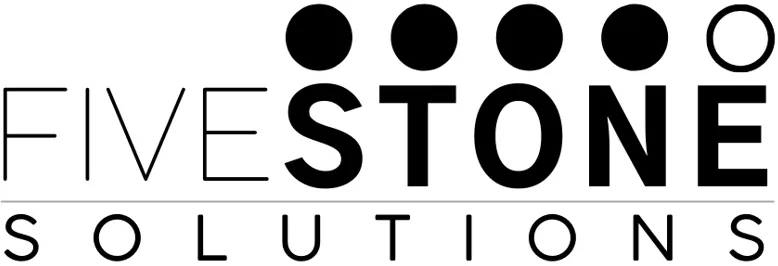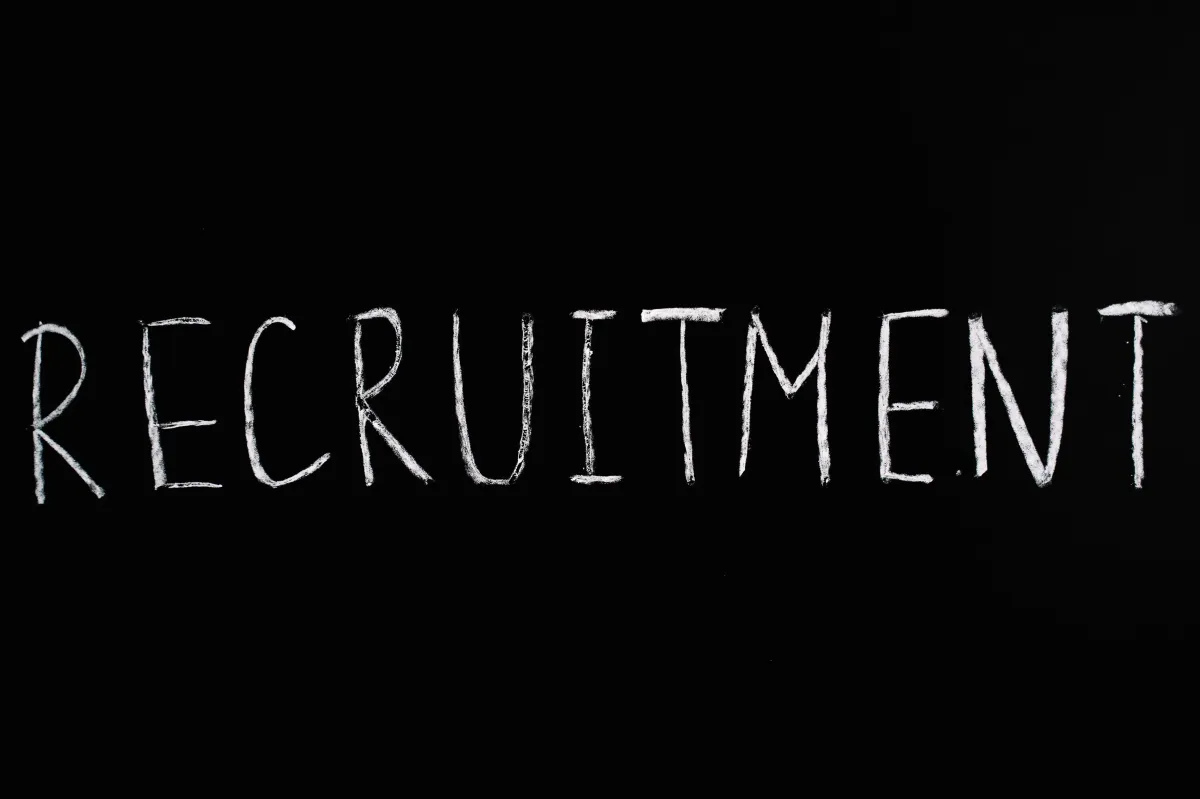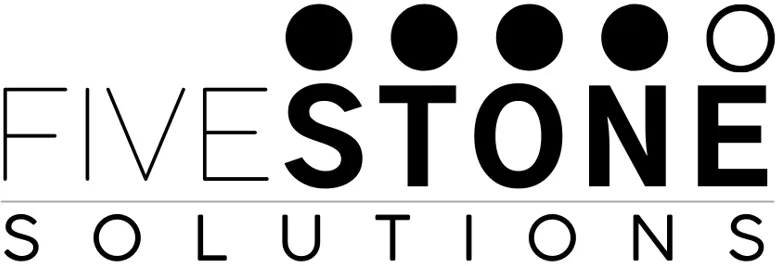Why you should change the way you hire
Why should companies change the way they hire? The core issue is that many companies rely on luck, and luck is not a strategy.
They are not sure when to make a hire, who to hire, or how to go about finding good candidates.
A proactive approach to hiring will prevent you from being caught off guard and aimlessly looking at a pool of candidates in desperation. No good, well-thought-out hiring decisions can come from this.
You need to plan better:
Create an Accountability Chart that clearly spells out roles, responsibilities, and KPIs.
Continue to cross-train your team – Winners like to learn new things.
Have a list of internal candidates for each role in the company in case you have to make a shuffle or shift (We’ve actually completed successful 3-way shifts within companies).
Always be looking for good people; they are out there – at the market, out to dinner, when you make an important purchase, when you have a problem with a company you work with in your personal life.
Keep a written list of external candidates for all key roles, just like you would when trying to woo a new client. Have a touch process and follow through.
Always be ready to uplevel your team.

When you are ready to make a hire, have the best possible tools ready to go:
A real Job Profile that clearly defines to the team and the candidates what is expected in this role. Not just a job description loaded with do’s and don’ts and tasks to be completed.
A quality Job Posting on the internet that gets the RIGHT candidates’ attention and draws them in, even when they aren’t 100% ready to make a move.
An Interview Process like nothing they have ever experienced.
An Onboarding Plan that makes sense to them and that sets clear expectations.
A Development Journey outline that will keep fuel in their tank for years to come.
These steps, when implemented with intention, create efficiency and reduce risk in the hiring process.
If you need any help with any of the tools mentioned, or if you want to chat about a situation you are facing right now, feel free to reach out. Let's connect.
Why you should change the way you hire
Why should companies change the way they hire? The core issue is that many companies rely on luck, and luck is not a strategy.
They are not sure when to make a hire, who to hire, or how to go about finding good candidates.
A proactive approach to hiring will prevent you from being caught off guard and aimlessly looking at a pool of candidates in desperation. No good, well-thought-out hiring decisions can come from this.
You need to plan better:
Create an Accountability Chart that clearly spells out roles, responsibilities, and KPIs.
Continue to cross-train your team – Winners like to learn new things
Have a list of internal candidates for each role in the company in case you have to make a shuffle or shift (We’ve actually completed successful 3 way shifts within companies).
Always be looking for good people; they are out there – at the market, out to dinner, when you make an important purchase, when you have a problem with a company you work within your personal life.
Keep a written list of external candidates for all key roles, just like you would when trying to woo a new client. Have a touch process and follow through.
Always be ready to uplevel your team.

When you are ready to make a hire, have the best possible tools ready to go:
A real Job Profile that clearly defines to the team and the candidates what is expected in this role. Not just a job description loaded with do’s and don’ts and tasks to be completed.
A quality Job Posting on the internet that gets the RIGHT candidates’ attention and draws them in, even when they aren’t 100% ready to make a move.
An Interview Process like nothing they have ever experienced.
An Onboarding Plan that makes sense to them and that sets clear expectations.
A Development Journey outline that will keep fuel in their tank for years to come
These steps, when implemented with intention, create efficiency and reduce risk in the hiring process.
If you need any help with any of the tools mentioned, or if you want to chat about a situation you are facing right now, feel free to reach out.
Copyright © 2024 Fivestone Solutions
Blog Posts


Why You Should Hire a Salesperson to Plan Your Retirement
Why You Should Hire a Salesperson to Plan Your Retirement
Are you an owner/operator responsible for a large percentage of the revenue in your company? Are you the lead Influencer in your company? The top evangelist? Are all the new sales leads from your efforts and your relationships?
Have you thought about what this looks like when you don’t want to work that hard every day?
If you are 100% responsible for every lead and every sale, you should be concerned about the future.
This is an invitation to take a serious look at your sales lead flow and evaluate your vulnerabilities. It maybe that filling a specific sales role will stabilize your pipeline. Here are some roles to consider.
Hunting Salesperson
Anytime a single source is creating awareness, fostering new relationships, and bringing fully qualified leads to your Subject Matter Experts to quote and close, you run the risk of your pipeline collapsing if that source is no longer available to produce. A good Hunting salesperson will provide diversification with additional leads and opportunities. Their primary job is “identify & qualify” new opportunities for the company and the team and get them in the door. This is the most difficult role to fill because good Hunters are never on the market long, if at all. They have to be recruited and wooed, which can sometimes require commitment and patience.
Subject Matter Expert
Maybe you are the quint essential “e-myther” (link below),the expert who knows everything about the industry or technology your company offers. When you want to slow down, you will need to hire an “SME Salesperson” to fill that gap. Their job is to take solid opportunities and formulate and demonstrate a plan to the prospect. Someone needs to get up to speed on all that technology and somehow gather and digest your decades of specialty experience and knowledge. This is going to take some time
The Closer
If you operate in the “closing” capacity at your firm, you have to touch every deal. They won’t close unless you are involved. The closer is the one who identifies and overcomes objections, gives decisive answers, negotiates the final details, and gives the prospect the confidence to say yes. It's not often that someone hires a dedicated closer, but it is a critical role, and it is important to know who in your company can handle that responsibility
360 Degree Salesperson
What if you handle all these sales roles in your company? Who’s going to do all that work when you want to spend less time at the office? Who will bring in new qualified deals, propose them, and get the mover the finish line?
Now What?
Once you’ve identified what roles you fill in your sales process, it’s time to start looking for a salesperson or salespeople to backfill your position and bring in new revenue independent of you. You can check out some videos we have published on the five different roles. We will link to that below. If you aren’t sure where you sit in the process, or if you are concerned because you are everywhere in the sales process, drop us a note and we’ll help you figure it out.








